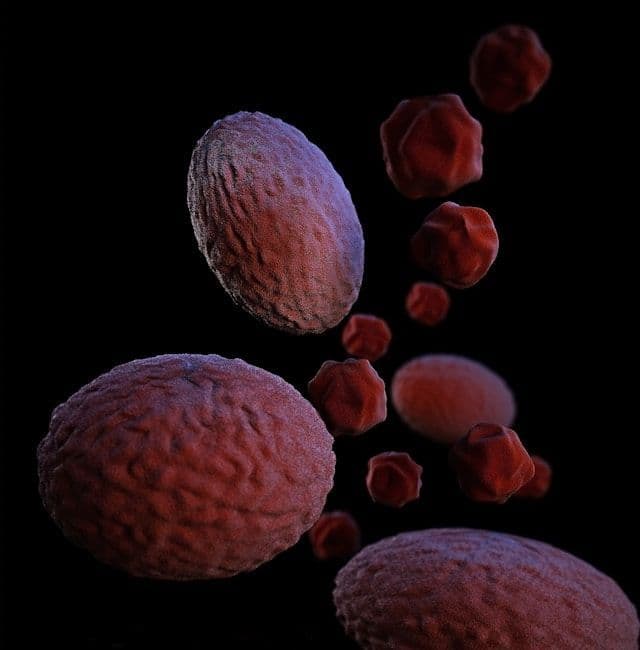Chlamydia During Pregnancy
Obie Editorial Team

Chlamydia is a bacterial sexually transmitted infection (STI) caused by the organism Chlamydia trachomatis. It's important to know that this condition is treatable. If you are pregnant, it is critical to be tested for chlamydia during your pregnancy to ensure both your health and your baby's well-being. The risk of transmission to your baby during childbirth is around 20-40 percent. Untreated chlamydia can lead to complications such as pelvic inflammatory disease, which can affect fertility. Let's be proactive about your health by understanding the testing and treatment options available for you.
Proactive Chlamydia Testing During Pregnancy
As part of your comprehensive prenatal testing, it's advisable to also test for chlamydia and gonorrhea. Even if you are in what you believe to be a stable, monogamous relationship, testing is a proactive step to safeguard your health and that of your baby. Undetected chlamydia can lead to infections in newborns, presenting as chest congestion, persistent cough, or pneumonia beginning around three weeks old. Eye infections can also occur. Timely testing can prevent these outcomes.
Prevalence of Chlamydia Among Women
Annually, approximately three million women are affected by chlamydia in the U.S. Symptoms can include pelvic burning and pain, but notably, up to 50 percent of women show no symptoms at all. This highlights the importance of routine prenatal testing—so you can take charge of your health, whether symptoms are apparent or not.
Treatment Plan for Chlamydia
The good news is that chlamydia can be effectively treated with antibiotics. However, it is crucial to catch the infection early, as the damage caused to tissues by the infection is irreversible. If detected early, antibiotics clear the infection, but they can't reverse any existing tissue damage which can impact future fertility and overall health.
Because chlamydia is sexually transmitted, it’s essential to have your partner tested and treated as well. Successful treatment for you doesn’t prevent re-infection if your partner remains untreated. Post-treatment, you will likely undergo a follow-up test after about three weeks to ensure the infection is fully resolved. Pregnancy-approved antibiotics are effective in curing about 90 percent of cases, emphasizing the importance of follow-up testing.
To prevent transmission to your infant, ensure you're treated before giving birth. The treatment course typically lasts about seven days. In some situations—around 10 percent of cases—additional treatment time may be necessary to fully eradicate the infection.
Remember, taking proactive steps and staying informed are key to managing your health and ensuring the best outcomes for you and your baby.
Read More












